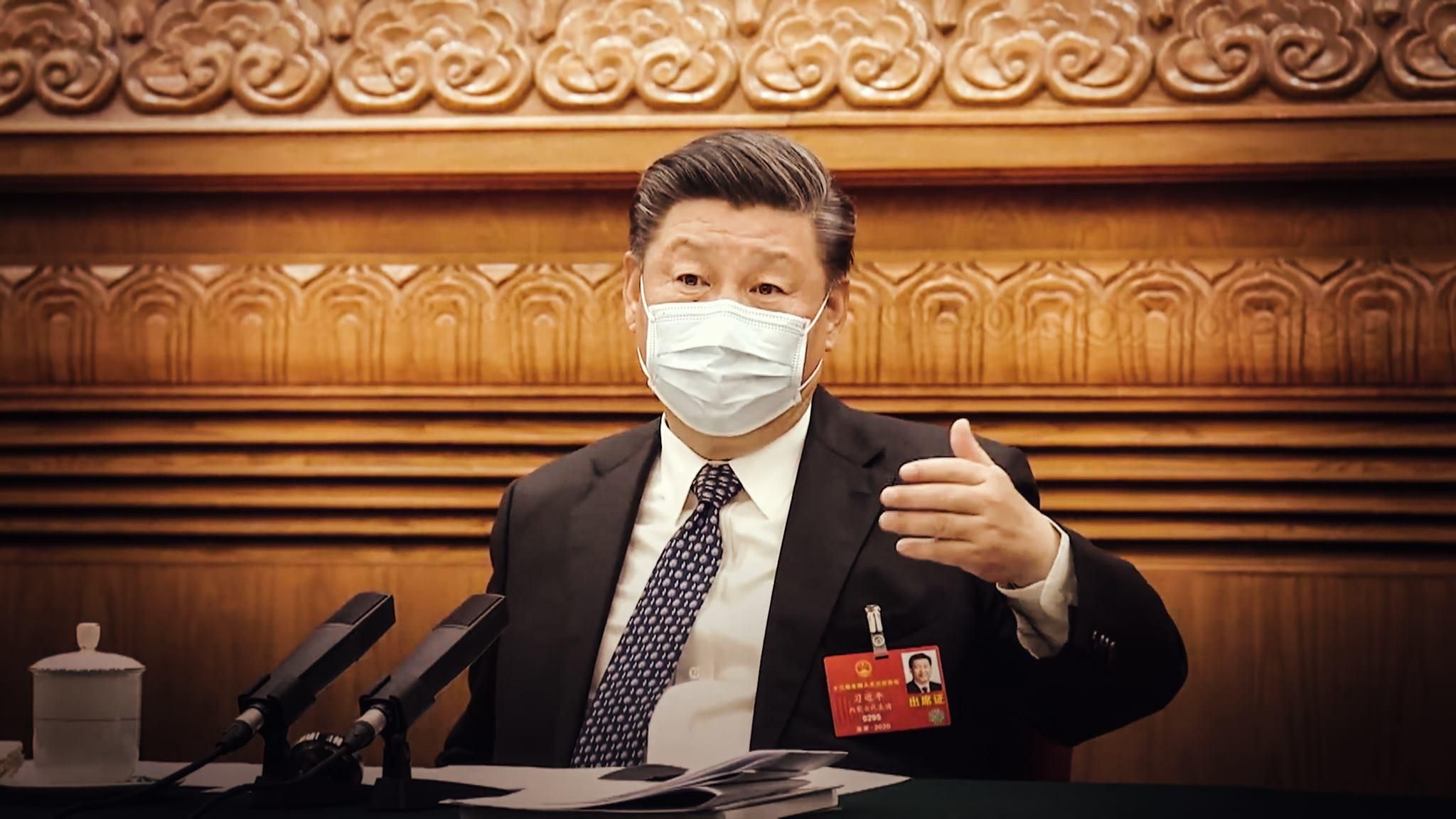China’s COVID-19 coverup continues. Earlier today (July 22), Chinese officials firmly rejected a request by the World Health Organization (WHO) to grant access to laboratories in the area the novel coronavirus was first identified. China’s deputy health minister says the request shows “disrespect for common sense and arrogance toward science.” Beijing did allow WHO investigators to visit the city of Wuhan back in January, but its bureaucrats say there’s no need to investigate labs, because Chinese authorities have already ruled them out as a source of the virus.
When future historians write about COVID-19 and this global pandemic, they’ll lead with the losses—human and economic. The number of dead. The economic toll. The debts incurred. The lasting damage.
But they’ll have to start the story from the beginning. Where exactly did COVID-19 come from? Most people around the world accept that it came from China, but was it the result of an animal biting a human, an accident for whom no one in power is directly responsible? Or did the virus escape from a research lab, casting blame squarely on the Chinese government for hiding the truth?
We don’t know. We’ll probably never know, because Chinese authorities, those who might be able to answer these questions, aren’t credible and won't give outsiders full access to study the evidence.
Want to understand the world a little better? Subscribe to GZERO Daily by Ian Bremmer for free and get new posts delivered to your inbox every week.
Even if we can’t track the origin of the virus, we can trace the coverup. On December 27, 2019, a doctor in China’s Hubei province reported to local authorities that he’d encountered a disease with dangerous respiratory symptoms. Doctors in Wuhan, Hubei’s largest city, began discussing their fears on social media. After monitoring their conversation, China’s public security service summoned Dr. Li Wenliang and accused him of “making false comments” and disturbing social order. They then arrested others for “spreading rumors.” Dr. Li later became one of COVID-19’s first casualties.
When a Chinese scientist sequenced the coronavirus’ genome on January 5, 2020, Beijing blocked him from publishing his finding. It was an Australian scientist who arranged for online publication of the genome on January 11 after receiving it secretly from a Chinese colleague. Today, experts accuse China of continuing to frustrate the ability of the WHO, and everyone else, to get at the truth.
COVID-19 and the global emergency its variants continue to create leave world leaders with a problem: How to demand accountability from the authoritarian government of one of the world’s most powerful countries (not to mention commercial partner), one which sees secrecy as essential to survival?
The Biden administration has made its choice. The new US president has called for a full investigation into the so-called "Lab Leak Theory," which posits that the negligence of Chinese scientists accidentally unleashed COVID-19 on the world. Washington’s line isn’t surprising. It comes at a time of US-China trade and technology wars. President Biden has continued the more confrontational approach toward Beijing advanced by former President Trump. Biden’s lead Asia advisor says the “era of engagement” with China is over. Competition is now the norm, and the risk of conflict, in various forms, is on the rise.
European leaders are none too happy with Beijing either. “The world has the right to know exactly what happened in order to be able to learn the lessons," said European Council head Charles Michel in early June. An EU-US summit then called for “progress on a transparent, evidence-based and expert-led WHO-convened phase 2 study on the origins of COVID-19, that is free from interference.”
Beijing’s credibility is even taking a hit in countries that are far more dependent on good economic relations with China. More than 90 countries are using vaccines created by Sinopharm and Sinovac Biotech, China’s vaccine makers. The New York Times reported in June that though Chile, Mongolia, Bahrain, and the Seychelles have inoculated higher percentages of their populations than the United States, these four countries on the list of top ten worst current COVID-19 outbreaks in the world. That’s why the dozens of countries that have depended on Chinese-made jabs are worried that COVID-19 variants may kill a lot more their people and force many more lockdowns in coming months.
There’s little the US and Europe can do to force China to become more transparent. Smaller countries, increasingly dependent on good commercial relations with China, have even less leverage. We know that China is unlikely to become less secretive whenever its leaders believe the ruling party’s image and their hold on power face a serious threat.
But we also know that COVID-19 isn’t the last novel coronavirus we’ll see. For all its ongoing damage, COVID-19 was much more infectious but less deadly than severe acute respiratory syndrome (2003), Avian Influenza strains like H7N9 (2013) and H5N1 (2014) and Middle East Respiratory Syndrome (2019). Combine the transmissibility of COVID-19 with the lethality of any of those other viruses, and the next pandemic would be far worse than the one we’re battling now.
The pandemic has surely taught China’s leaders a valuable lesson. Whether they’ll ever admit it publicly, they must know that, with help from the WHO, they could have done much more to contain this virus in those first few dangerous days. Their international reputation would have taken a short-term hit that would now be long forgotten by most of the world’s people. Compare that with the hit China is taking.
🔔 And if you haven't already, don't forget to subscribe to my free newsletter, GZERO Daily by Ian Bremmer, to get new posts delivered to your inbox.
